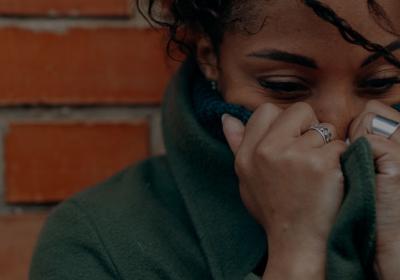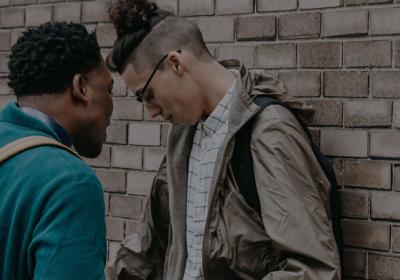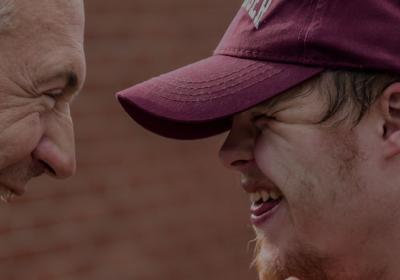What are hate crimes and hate incidents?
As an inclusive organisation Neighbourhood Watch stands against hate.
A hate crime is any incident, which is a criminal offence, that the victim or anyone else thinks is motivated by someone’s hostility or prejudice towards them or another person because of their race, religion, sexual orientation, disability or because they are transgender. Typically, hate crimes are verbal abuse, physical assaults or damage to property, a car or a home. Hate crimes include posting abusive or offensive messages online about a person or group of people.
A hate incident is any incident, which is not a criminal offence, that the victim or anyone else thinks is motivated by someone’s hostility or prejudice towards them or another person because of their race, religion, sexual orientation, disability or because they are transgender. Typically, hate incidents include litter in the garden, dirty stares, or noise nuisance.
The victim does not need to perceive that an incident was motivated by hostility or prejudice; if another person, a witness or a police officer, perceives that it is, it will be recorded and investigated as a hate incident.
Anyone can be the victim of a hate crime or incident. For example, people may be targeted because someone thinks that they are gay even if they aren’t or because they have a disabled child. Someone can also be a victim ‘by association’, for example, if a friend is racially abused in your presence and you feel as if you’re a victim of that incident as well.
Incidents motivated by hate have a devastating impact on the victim and their family. Some hate crimes start as minor incidents, which can escalate into serious and frequent offences. Where victims suffer a series of such incidents, the cumulative effect can destroy their lives through emotional damage and long term trauma.
Other personal characteristics
Some police services record hate incidents based on other characteristics such as age, gender (misogyny) or belonging to an alternative subculture. Incidents based on other personal characteristics such as these are not considered hate crimes under the law. These incidents can still be reported to some police forces, but they will not be prosecuted specifically as hate crimes by the police and the Crown Prosecution Service.
For example, Greater Manchester Police now recognises alternative sub-culture hate incidents based on someone’s appearance, including Goths, Emos, Punks and other similar groups, and Nottinghamshire Police record misogyny as hate incidents.
All hate incidents should be reported to ensure the police and other agencies know the extent of the problem and can take steps to combat it, support victims and bring perpetrators to justice. Victims of hate crimes may worry about the police contacting them at home, particularly if they have been repeatedly targeted near their home. If this is the case, they can ask the police to contact them through someone they trust and agree to provide their details, such as their local Neighbourhood Watch Coordinator.






